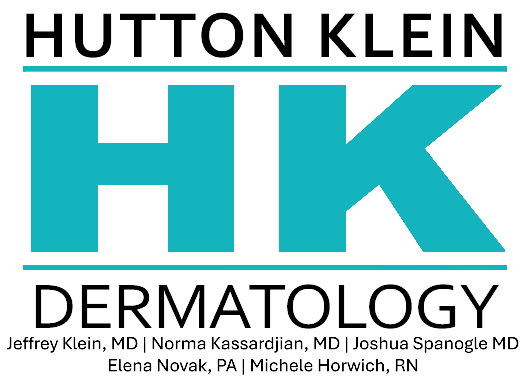 Are you frustrated by acne that keeps popping up well after your teen years? You’re in good company — millions of American adults struggle with acne. But knowing you’re not alone doesn’t help with the embarrassment and frustration this common skin condition brings.
Are you frustrated by acne that keeps popping up well after your teen years? You’re in good company — millions of American adults struggle with acne. But knowing you’re not alone doesn’t help with the embarrassment and frustration this common skin condition brings.
At HK Dermatology in San Juan Capistrano, California, led by Jeffrey Klein, MD, our experienced dermatology providers are committed to helping patients treat breakouts with the latest topical and oral therapies.
If you’re bothered by acne, take a moment and keep reading to learn why you continue to get acne and how we can help you achieve clearer skin.
Why do I continue to get acne?
Acne is an inflammatory skin problem that leads to lesions and pimples sometimes called zits. Before you look at why you keep getting acne, it’s essential to consider the difference between the causes of acne and the triggers that lead to breakouts.
An overproduction of sebum — a waxy substance your body produces to protect and lubricate your skin — usually causes acne. When your oil (sebaceous) glands get blocked and you have a buildup of sebum and skin debris (dirt, bacteria, dead skin cells) that clog your pores and follicles, you get skin blemishes.
Different factors, however, trigger the development of acne. Hormonal changes and imbalances are the most common triggers. That is why acne is so common during puberty, pregnancy, and perimenopause.
However, your hormones aren’t always the trigger that leads to acne. Other triggers include:
- Bacteria on the skin
- Genetics
- Makeup products
- Stress and anxiety
- Humid or hot conditions
- Excess sweating
Certain medications can also trigger an outbreak, as can some underlying health conditions (e.g., PCOS). Your HK Dermatology provider takes a careful medical history, including any blood work you’ve had done, and performs an exam to identify the causes and triggers of your acne.
Is all adult acne the same?
Not all adult acne is the same. Because there are many types of adult acne, it’s essential to schedule an appointment with our team to better understand your acne, since the best treatment depends on the type you have.
Non-inflammatory acne, like blackheads and whiteheads, clog your pores and can lead to comedones (bumps with white tips that erupt from your skin). This mild form of acne is usually the easiest to treat.
Inflammatory acne, which is usually triggered by bacteria, causes swelling and inflammation. It also is the most difficult type of acne to treat.
Not all inflammatory acne is the same. It can range from moderate to severe, and each type requires different treatments. Inflammatory acne may include:
- Papules (inflamed red bumps)
- Pustules (pus-filled pimples)
- Nodules (hard inflamed lesions beneath your skin)
- Conglobata (collections of inflamed nodules)
- Cystic acne (painful fluid-filled bumps under your skin)
Papules and pustules are moderate forms of acne. The most severe acne includes nodules and cystic acne.
Can you help me say goodbye to my acne?
Yes! At HK Dermatology, we evaluate your skin to determine the type of acne as well as the underlying causes and triggers. Based on these findings, our team then creates a personalized acne treatment plan.
For mild acne, we may recommend lifestyle changes to help avoid triggers and at-home solutions, including over-the-counter (OTC) soaps and topical therapies, to address outbreaks. The most effective OTC acne products generally contain salicylic acid, sulfur, and benzoyl peroxide.
If you have moderate or severe acne, it may require different treatments. At HK Dermatology, we may recommend one or more of the following:
- Prescription oral antibiotics
- Hormonal therapies
- Accutane® for severe, cystic acne
- Prescription topical therapies, like retinol or other retinoids
- Chemical peels
- Laser treatments
Keep in mind that for all types of acne, the most important step is to stop touching your skin and blemishes. Regardless of which treatment we recommend, touching your pimples and face promotes clogged pores and follicles.
Get on the path to clearer skin by scheduling an appointment online or over the phone with a provider at HK Dermatology in San Juan Capistrano, California, today!
